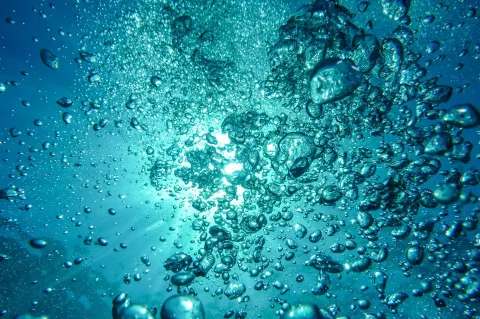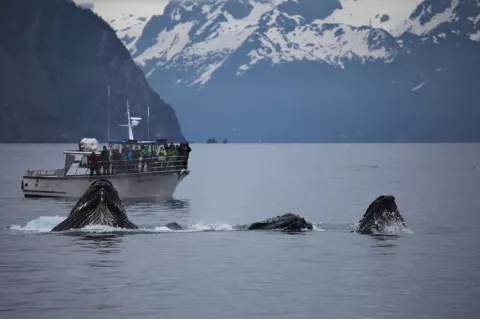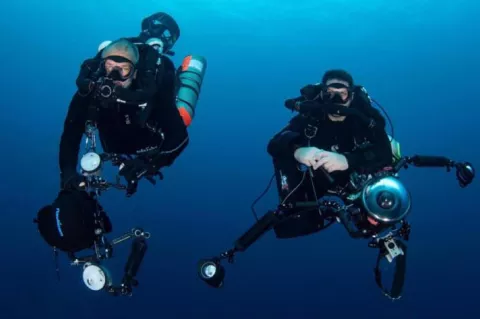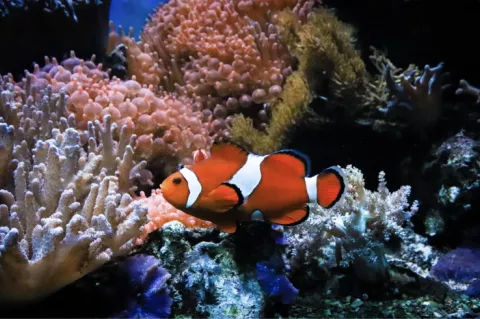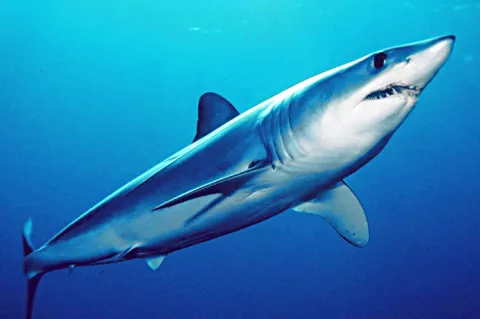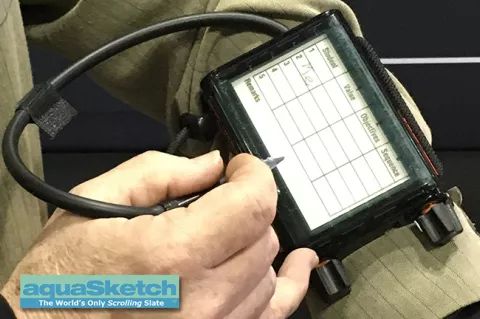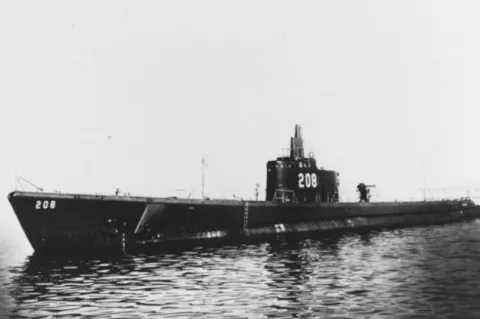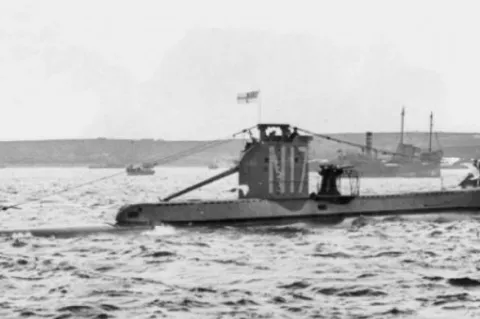Using sounds of healthy reefs to attract young fish
Healthy coral reefs are full of sounds of life—with the whistles, pops and grunts of fish, the crackle of snapping shrimp, etc. These sounds travel out through the ocean currents, and “advertise” to young fish to come and settle down at this particular reef ecosystem.
However, when reefs are degraded or dying, the environment falls silent. Literally.
As a result, young fish do not find their way to such reefs, and this exasperates the reef's dire situation.


